Is the Las Vegas Shooting terrorism?
October 11, 2017
By KAITLYN HERMAN
The Mirror reporter
More than 50 people are dead and over 500 are injured after a deadly attack in Nevada, noted as the deadliest mass shooting in United States history.
A little after 10 p.m. Sunday, Oct. 1 in Las Vegas, the Route 91 Harvest Festival country music concert was interrupted by the sound of gunfire. Police said the gunman, who was identified as 64-year-old Stephen Paddock of Mesquite, Nevada, fired onto a crowd of about 22,000 people from the 32nd floor of the Mandalay Bay Resort and Casino several hundred feet from the concert grounds.
It is said that the gunshots lasted for ten to fifteen minutes and continued for nine minutes after the first 911 call.
Many are asking the question, “Is this terrorism?”
Police say they have not determined Paddock’s motives which adds to their rationale for not calling the shooting an act of terrorism. Clark County Sheriff Joseph Lombardo from Las Vegas said, “We have to establish what his motivation was first,” when asked why the shooting has not been labeled domestic terrorism.
The vice-chancellor at Oxford University defined key characteristics of a terrorist act: it is politically inspired, it involves violence or the threat of violence, it aims to send a message, the act and the victim have symbolic significance, the act is carried out by “substrate groups” rather than state actors, the victims of the violence are distinct from the audience for which the terrorist’s message is intended, and the act deliberately targets civilians.
So far, no evidence has emerged that the Las Vegas shooter was motivated by political or religious beliefs.
Many Americans urge to call this act terrorism but because there has been no found motive behind his acts, it has not been labeled as such.




















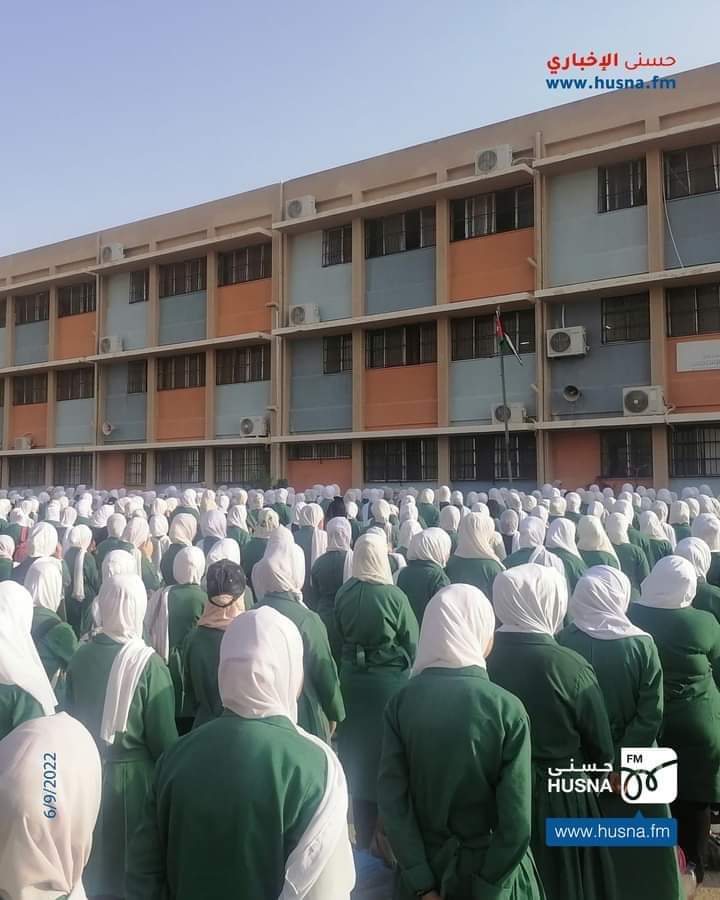



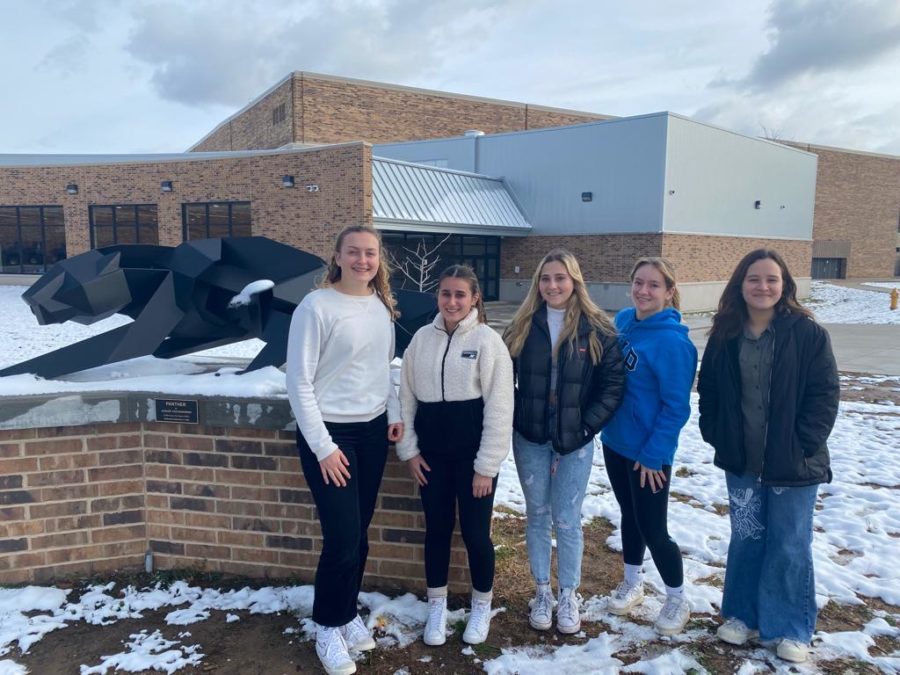
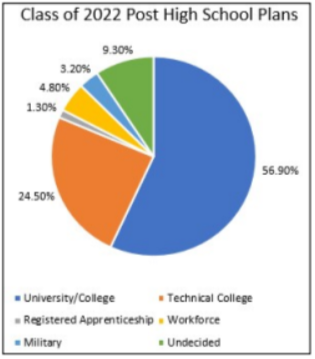
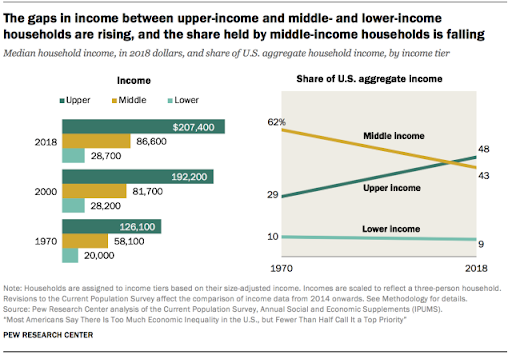
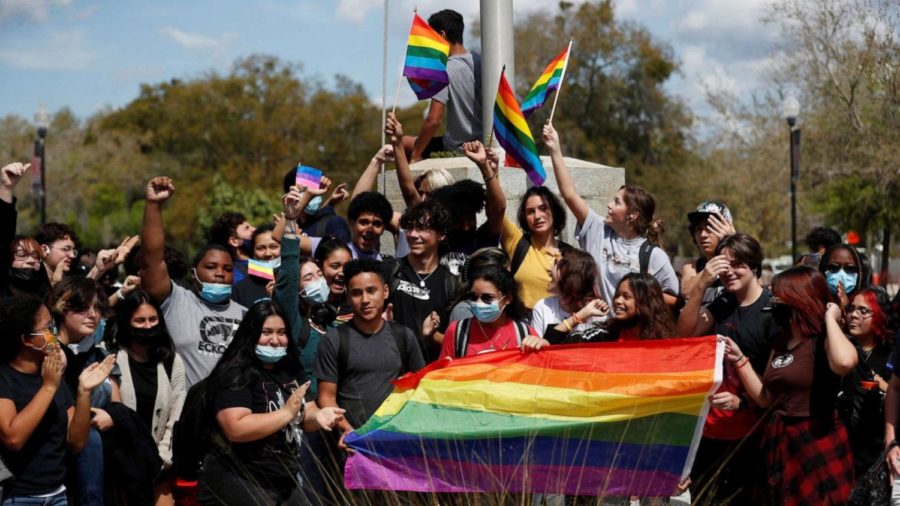










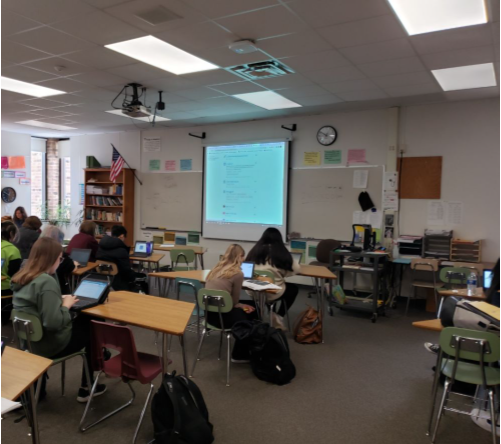
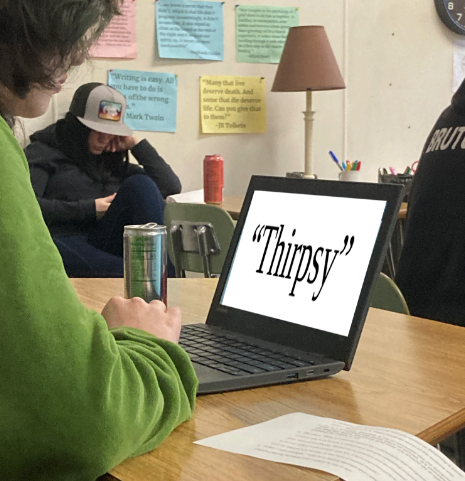


















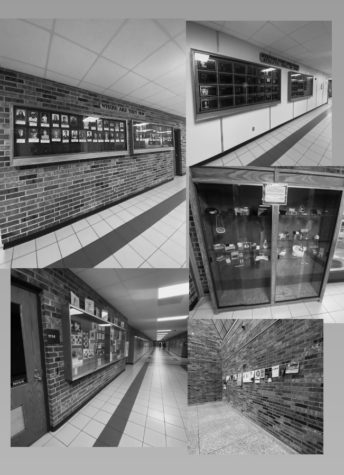
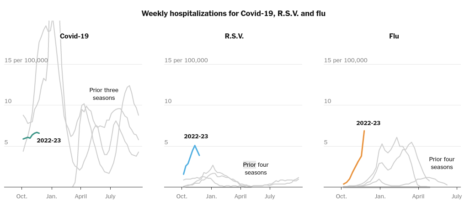
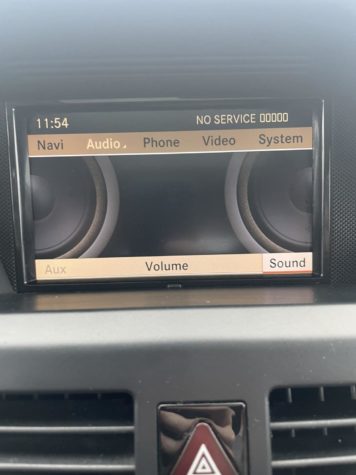


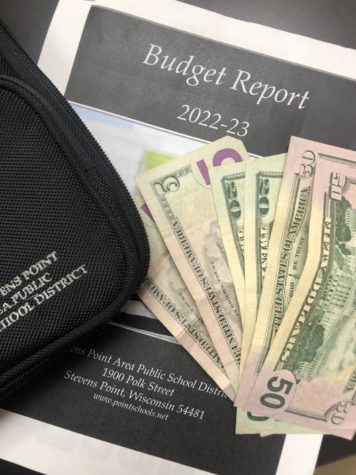
Jazmyn Wilson • Dec 14, 2017 at 12:08 PM
I think that the shooting in Las Vegas is an act of terrorism because there was violence used against people that led to 50 people getting killed and over 500 people wounded. Also, the person that did it is a terrorist person because of what he did and what it led to happening and how it impacted a lot of families that lost their loved ones.